Scientists Discover Information Leaking From Black Holes – Could Lead to Significant Breakthroughs About Our Understanding of the Universe
Researchers who have been studying information leaking from black holes believe they have made a significant breakthrough that could lead to a better understanding of the universe.
If researchers can successfully measure this information, it may finally allow them to solve Stephen Hawking’s black hole paradox. More importantly, it could potentially unify the two fundamental theories of physics, general relativity and quantum mechanics, leading to a better understanding of our universe.
Albert Einstein Was the First to Theorize Black Holes
The revered physicist Albert Einstein was the first person to predict the existence of black holes, and this prediction was based on his General Theory of Relativity.
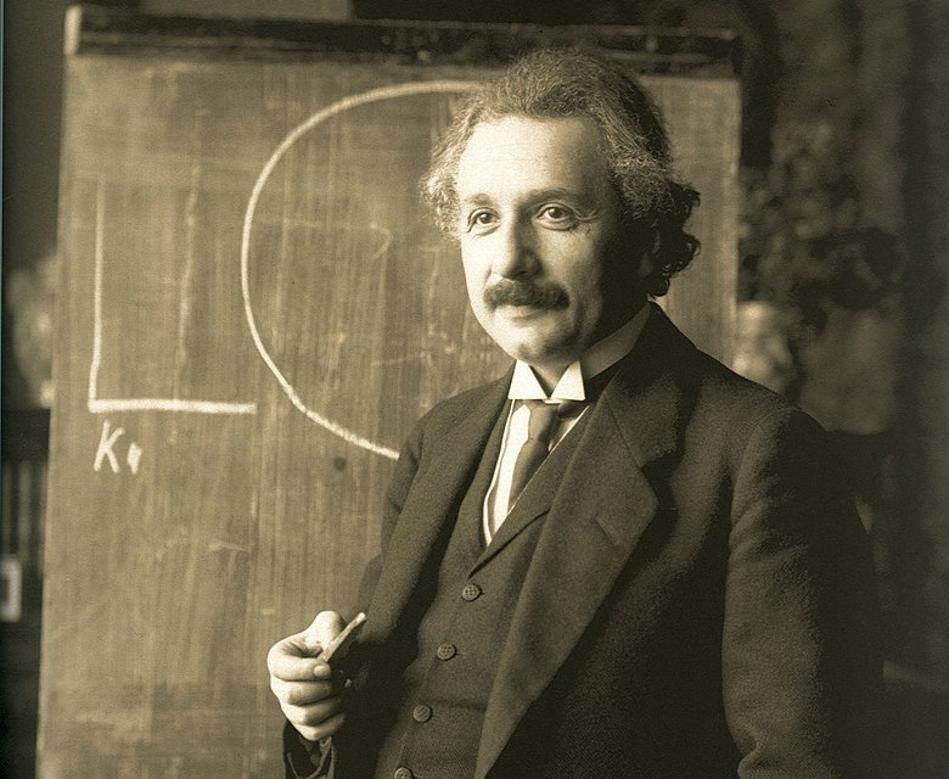
Source: Wikimedia
Despite Einstein publishing his work in 1915, it would be another five decades until we gained credible proof of the existence of black holes. Research conducted in the 1970s confirmed Cygnus X-1, an X-ray source from deep space discovered in 1964, was the first black hole.
Black Holes Begin to Gain Recognition
American astronomer John Wheeler coined the term “black hole” in 1967. Researchers have found numerous examples throughout the universe in the decades that have followed.
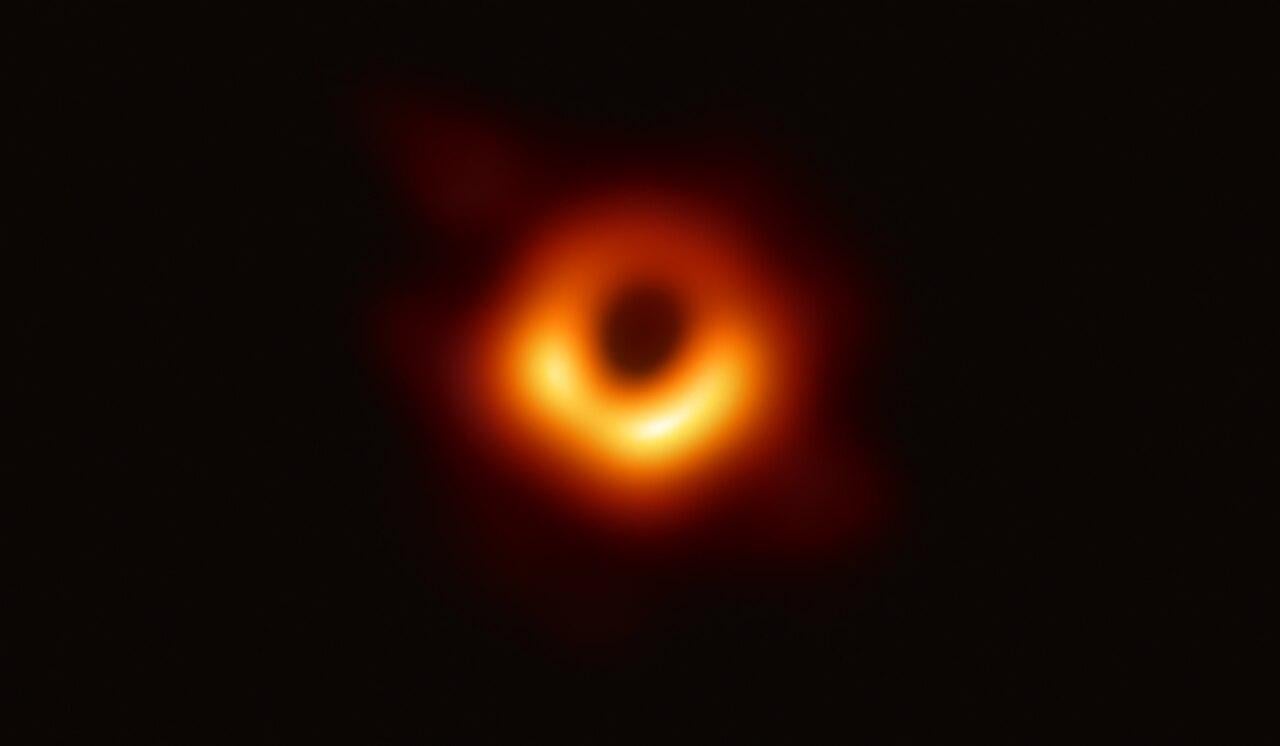
Source: Wikimedia
For the very first time in 2019, NASA shared an image of a black hole located at the center of the elliptical galaxy M87 with the world.
How Do Black Holes Form?
According to researchers, there are two ways in which a black hole can form. The first and most likely is following the death of enormous stars.

Source: Wikimedia
When these celestial bodies, roughly ten times the mass of our sun, use up all their hydrogen, they eventually burn out and explode. What’s left behind is a very dense object from which no light can escape: a black hole.
Research on Black Holes Continues
While researchers have dramatically increased their knowledge of these strange space phenomena, aspects of black holes continue to perplex scientists to this day.

Source: Freepik
This is because two of the best theories that explain how the universe works, general relativity and quantum mechanics, don’t mix when it comes to black holes.
Conflicting Theories on Black Holes
General relativity suggests that nothing, including light itself, should be able to escape the powerful gravitational pull of a black hole.

Source: Freepik
Quantum mechanics, on the other hand, theorizes that the mysterious celestial objects will emit “Hawking Radiation,” a specific form of electromagnetic radiation named in honor of Stephen Hawking.
The Black Hole Paradox
Hawking Radiation cannot provide researchers with any details about the initial state of anything that enters black holes, which itself violates much of what we thought we knew about classical and quantum physics.
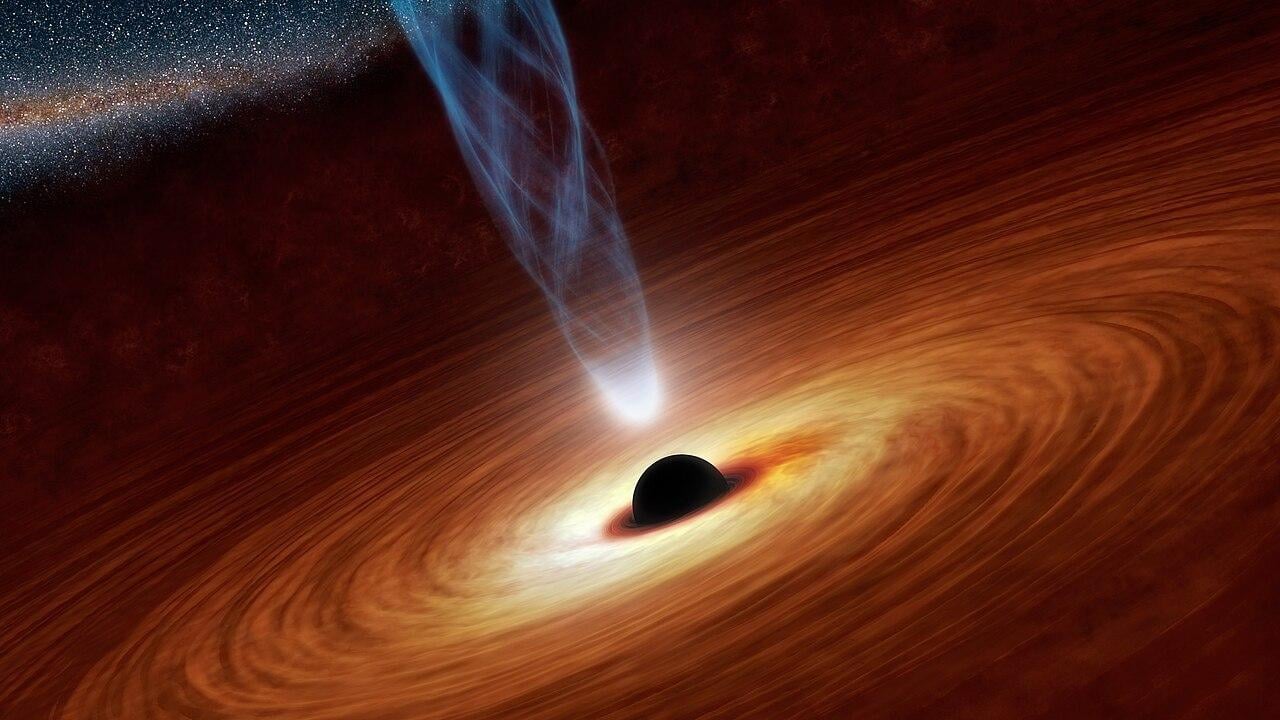
Source: Wikimedia
This has led to what’s known as the black hole information paradox.
Researchers Struggle With the Black Hole Paradox
Essentially, as the black hole produces Hawking radiation, it loses mass and eventually disappears along with all of the information contained within.

Source: Freepik
However, researchers are almost certain that none of the so-called information hasn’t leaked out alongside the Hawking Radiation, so where did it go? This question continues to boggle the minds of scientists around the world.
Information From Black Holes
Researchers explain that the idea of information leaking from black holes is extremely complex in its own right. Even leading scientists disagree on how this occurs, while others refute the idea altogether.

Source: Wikimedia
Nonetheless, the potential for researchers to solve this paradox and unify general relativity and quantum mechanics is a source of great hope and excitement, as it could bring about a significant breakthrough in our understanding of our universe.
Islands Leaking From the Black Hole May Solve the Paradox
Recent research conducted on parts of a black hole’s interior, referred to as “entanglement islands,” may actually provide scientists with evidence to explain what happens to matter which gets sucked into their grasp.
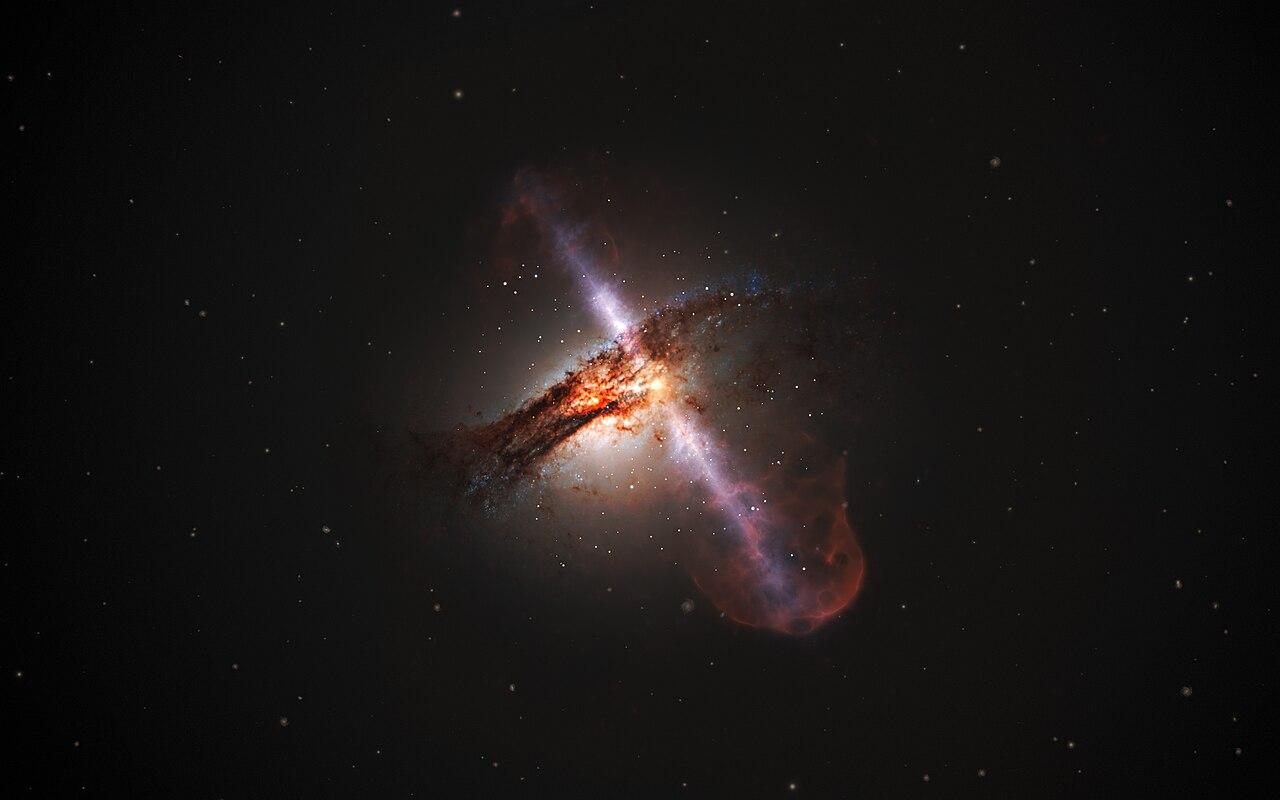
Source: Wikimedia
Astronomers have noted that some of the islands may poke far enough out of the black hole that they could be measured. If this does occur, it could help researchers solve the long-standing black hole paradox.
The Event Horizon
In 2019, researchers conducted studies on hypothetical black holes. They discovered that information about the interior of a black hole may be detectable on the event horizon, otherwise known as the outer edge of a black hole.
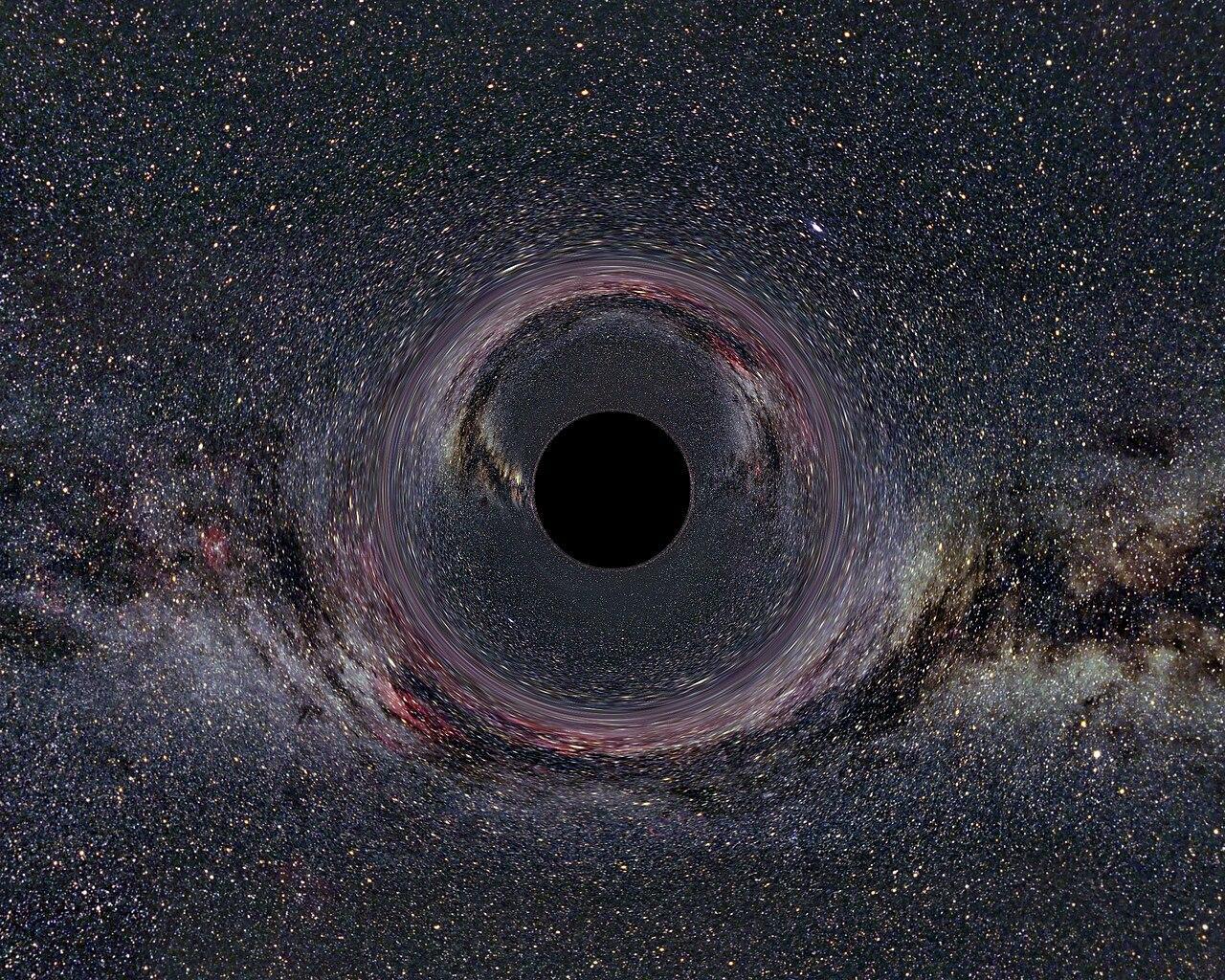
Source: Wikimedia
According to the scientists, virtual particles pop in and out of existence at the event horizon. If one of the particles paired by quantum engagement were to get split by the event horizon, one would remain within the black hole, yet the other may be expelled as Hawking radiation.
Measuring the Entanglement Islands
If researchers were able to measure these so-called “entanglement islands,” it may provide them with information to explain what happens to the particles.

Source: Freepik
While we shouldn’t get our hopes up just yet, as researchers have suggested, the distance the islands poke out is smaller than scientists can measure. Further advancements may allow us to calculate these and finally solve Stephen Hawkings’ long-standing black hole paradox.
